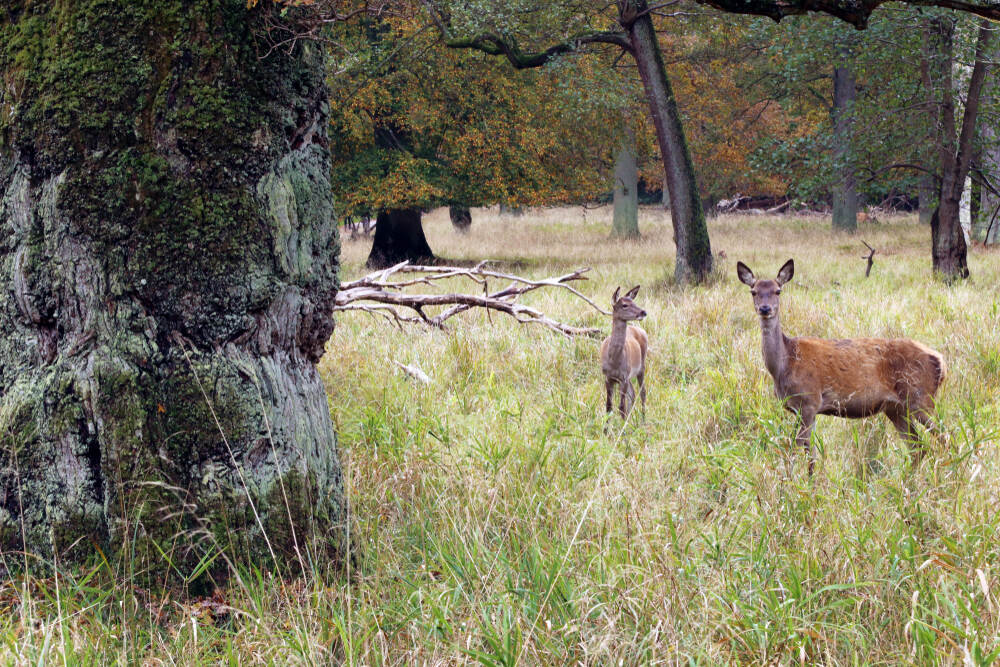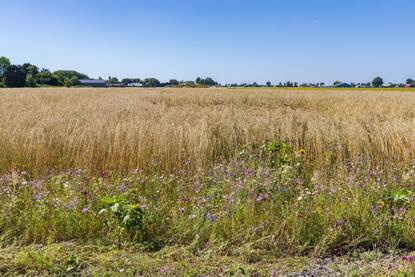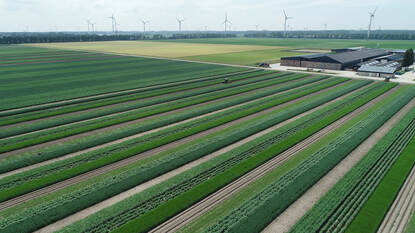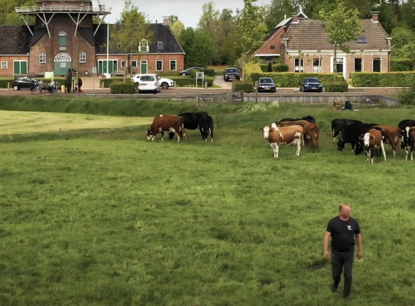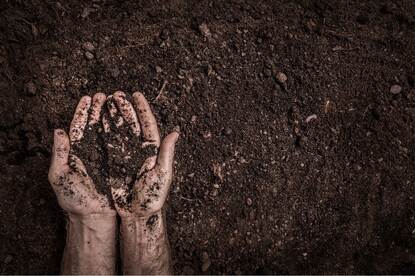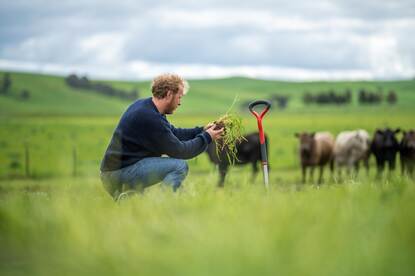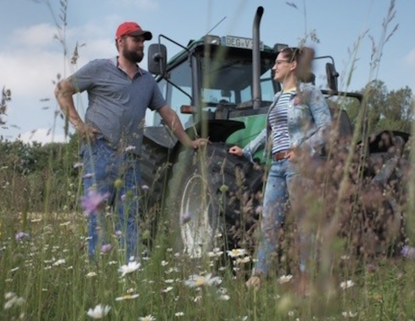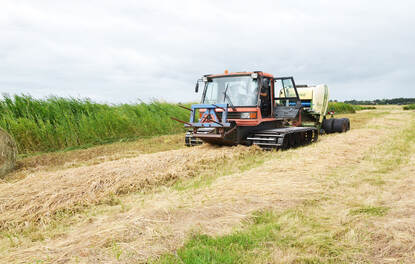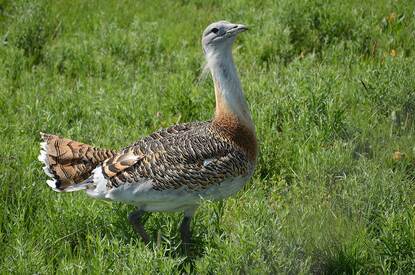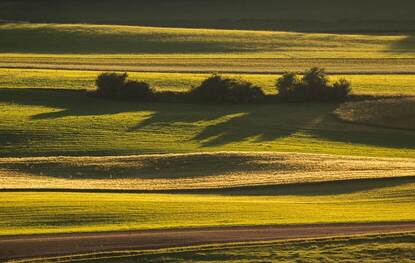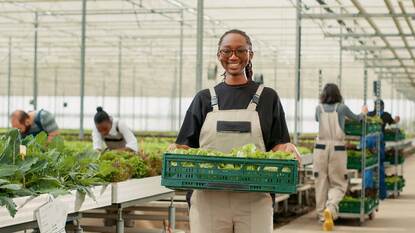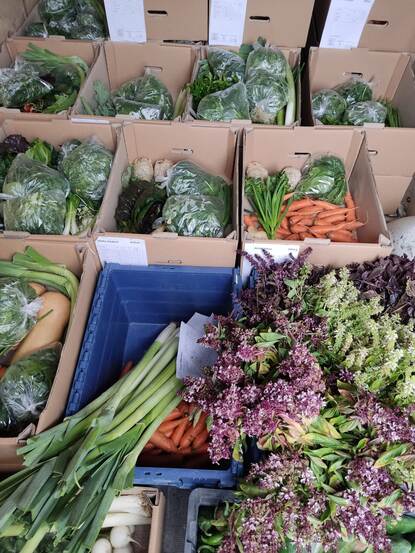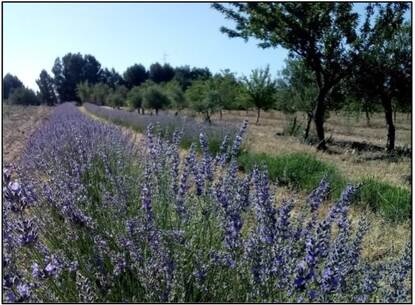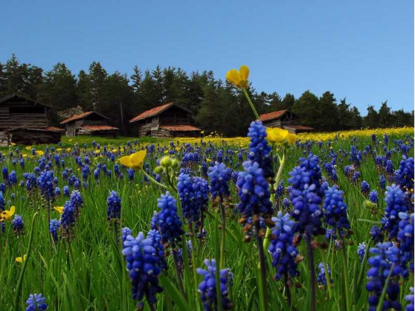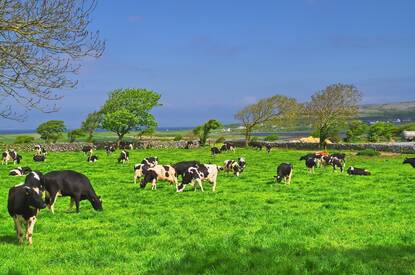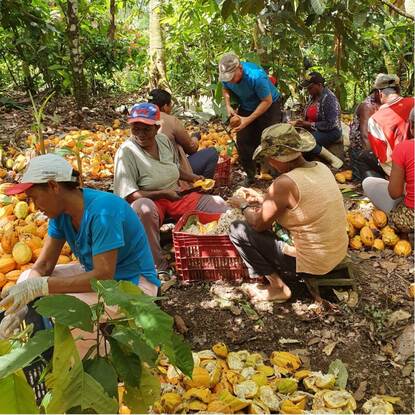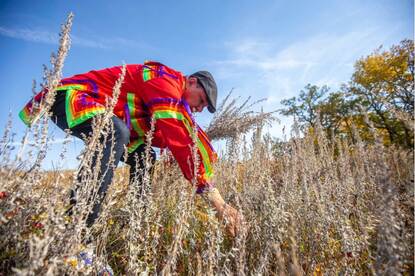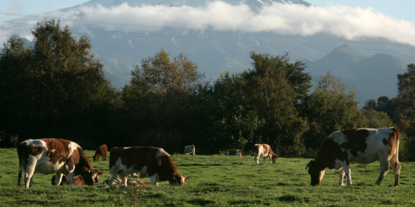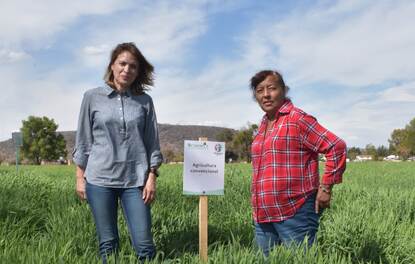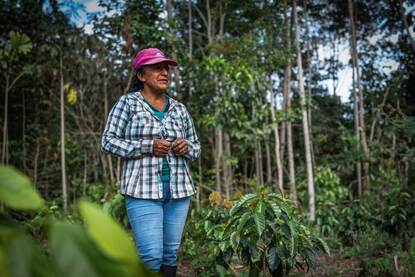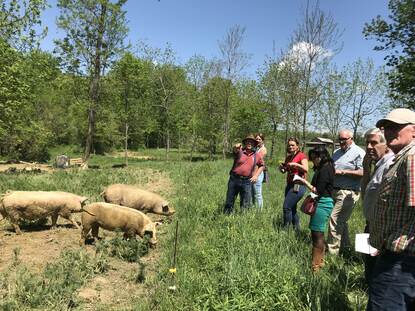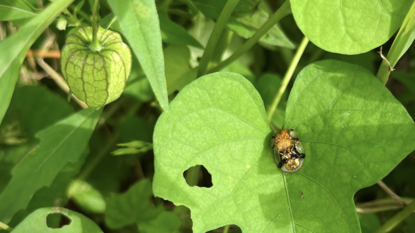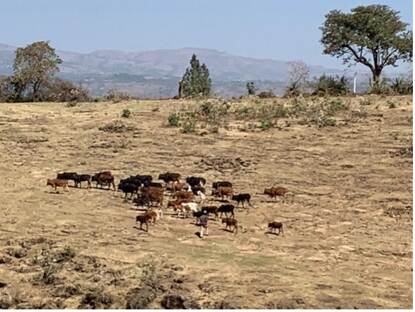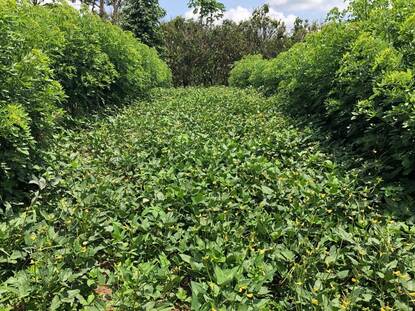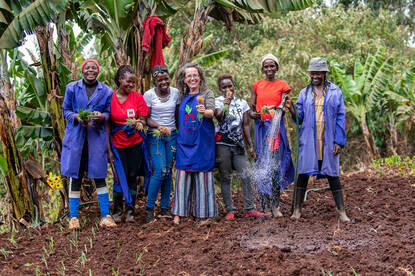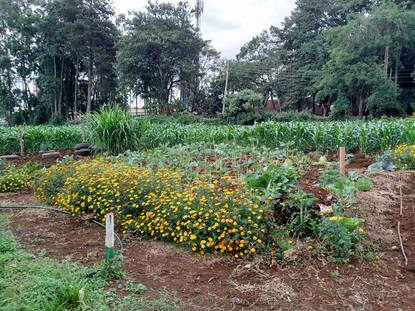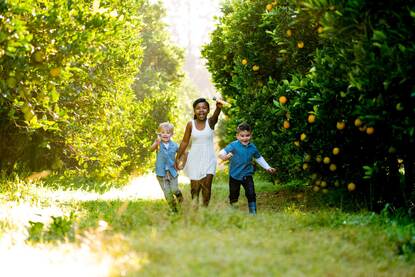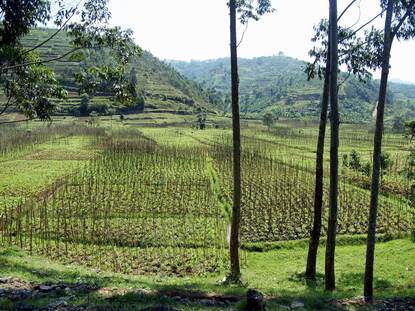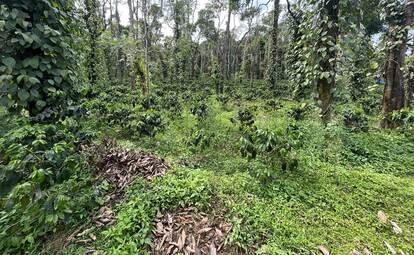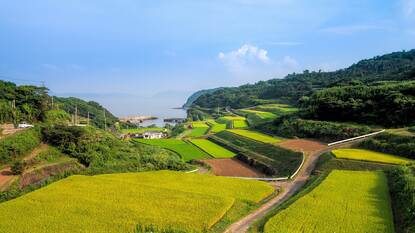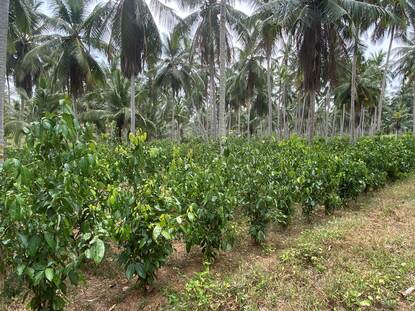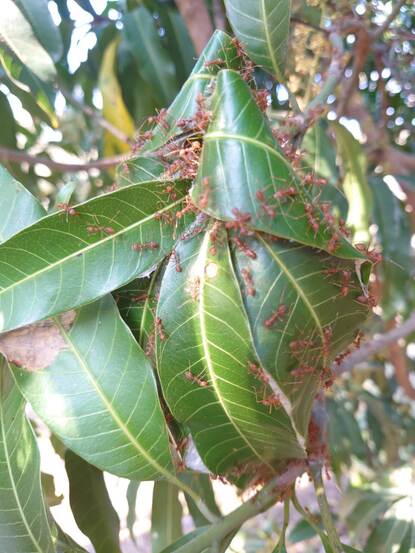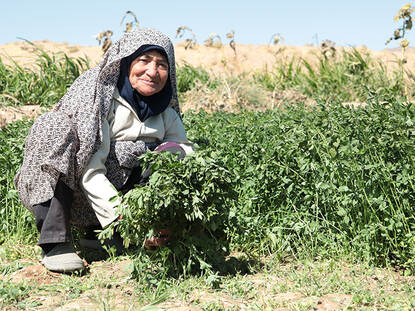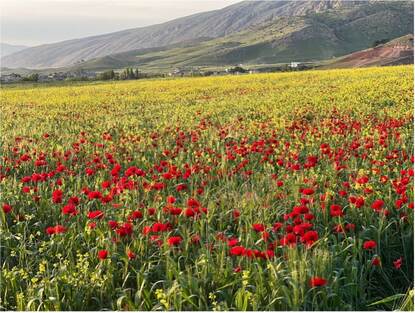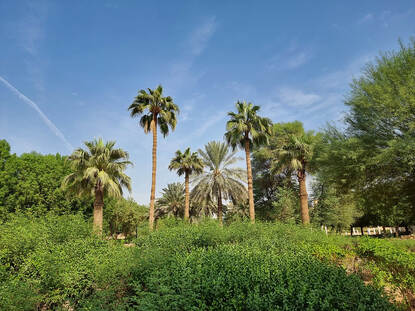Tekst Renske Nijland
The Danish Agriculture and Food Council and SEGES Innovation have come together to offer nature checks and subsequent advice to farms in Denmark. Through local agricultural consultants, they aim to improve biodiversity and promote sustainable agricultural practices. This initiative not only benefits the environment but also helps farmers secure greener loans and generate goodwill in society. Nature checks would work well in the Netherlands. By turning the agricultural spotlight on nature value elements, a win-win situation can occur, also in our country.
As Denmark's leading agricultural non-profit knowledge and innovation center, SEGES Innovation is committed to providing sustainable solutions for the agricultural sector. They focus on bridging the gap between research and practical farming by offering scientifically sound knowledge to advisors. With a dedicated team of 5 experts working on nature and biodiversity at their Skejby headquarters (near Aarhus), SEGES Innovation supports agricultural advisors in various topics, empowering them to help farmers play their role as area managers effectively.
The nature check process
Farmers can initiate a nature check by requesting a visit from a local agricultural consultant trained by SEGES Innovation. The consultant conducts a 3-to-4-hour on-site assessment, identifying areas of high nature value to protect and making suggestions for improvement. The nature check also considers the farmer's personal involvement, preferences and wishes for managing their land. The farmer receives a detailed report, which serves as a foundation for developing a nature-focused strategy for their farm. The Nature Check costs around €2,000, and in some areas, the agricultural organization or municipality may pay part of the bill.
The nature check focuses on four topics, each with several possible elements. Together they sum up a certain number of points towards a total nature value at the farm, depending on how it is expressed at the specific farm:
- Nature areas, for example natural streams with natural sides, forest edges with flowering trees and shrubs, old unkept bushes
- Permanent small biotopes, such as flowering hedges, veteran trees, heaps of stones or sand
- Field areas, short period, like fallow fields with natural germination of seeds, space for larks in fields, a bale of straw left in a hedge
- Production forms such as all year grazing without extra fodder, extensive or intensive summer grazing (flowers left eaten or uneaten), buffer zones around small biotopes
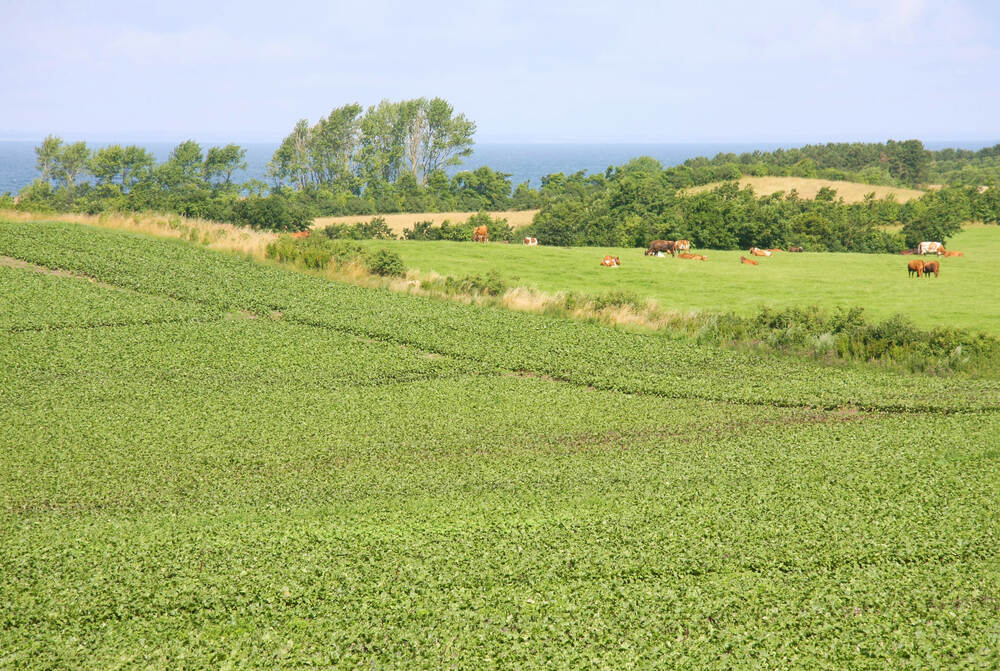
The importance of local agricultural consultants
The individual farm is a central element in the nature check, and the importance of the local consultant accessing a specific farm is emphasized. This approach allows farmers to prioritize their nature efforts with a focus on preserving the most valuable species and habitats first. The fundamental idea is that nature management and the establishment of new nature must take place with peace of mind and without fear of restrictions and limitations on production.
‘Farmers benefit from the satisfaction of doing the right thing for biodiversity, doing enough and getting recognized for that’
Tailor-made nature check plans
The nature check plan is tailor-made to each farm, including a map, pictures, descriptions of the valuable nature at the farm, and ideas and suggestions for improvement. The report may not include a complete list of species, but it will feature important plants, birds, insects, and mammals. Upon completion, farms receive a 'nature-check' sign to hang at their farm, and a concept press release is provided for farmers interested in sharing the news with local media or on social media platforms.
Examples of successful nature management
Around 300 nature checks have been conducted, with interest growing. Participating farmers are happy to see their land through the eyes of a consultant, discovering valuable natural elements they didn’t see before. To their surprise, the most effective measure often is to do nothing: leaving a messy corner of a field for insects, for instance, or preserving bare patches in a field as nesting spots for larks and lapwings.
Good examples of farmers successfully managing nature are encouraged to inspire and motivate others. Some nature checks have been conducted in collaboration with private companies, such as the meat company Danish Crown, in connection with their free-range concept 'Friland.'
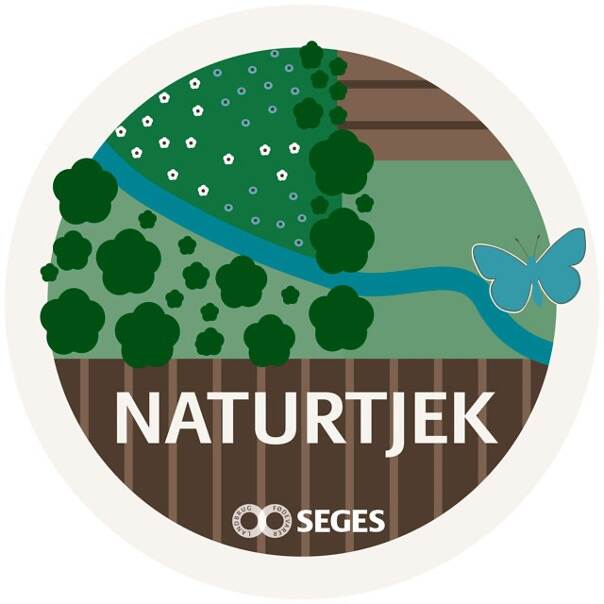
What is in it for farmers?
In short, farmers benefit from the satisfaction of doing the right thing for biodiversity, doing enough and getting recognized for that. The role of agriculture as a supplier of good nature and sustainable agriculture is made visible through the nature check initiative. Activities or lack of them can be displayed with banners and information signs, generating goodwill among neighbors and society at large, which is important to Danish agriculture.
Another benefit is increased crop yields. For example, Ole Jakobsen, a farmer at Feldbjerggård, noticed a positive impact on his harvest: ‘After the harvest, I left some straw bales in the hedges. They make good insect hotels. For instance, if you have 27 bales of straw, and the lorry can only carry 12 bales, it's sensible to bring 24 bales home to the barn and leave three in the windbreaks. Many people think it is sloppy but I know that my broad beans yield 15% more if there are enough pollinators in the field.’
Biodiversity is also recognized in the digital ESG report for farmers, leading to a greener profile for the farm. This, in turn, can result in better loan conditions through green financing. This also means future-proving the business. Farms without any vision and strategy for nature and biodiversity may find themselves unable to find financing for investments.
Naturtjek var en "øjenåbner" for Ole Jakobsen | Økologisk - nyt om udviklingen (okonu.dk)
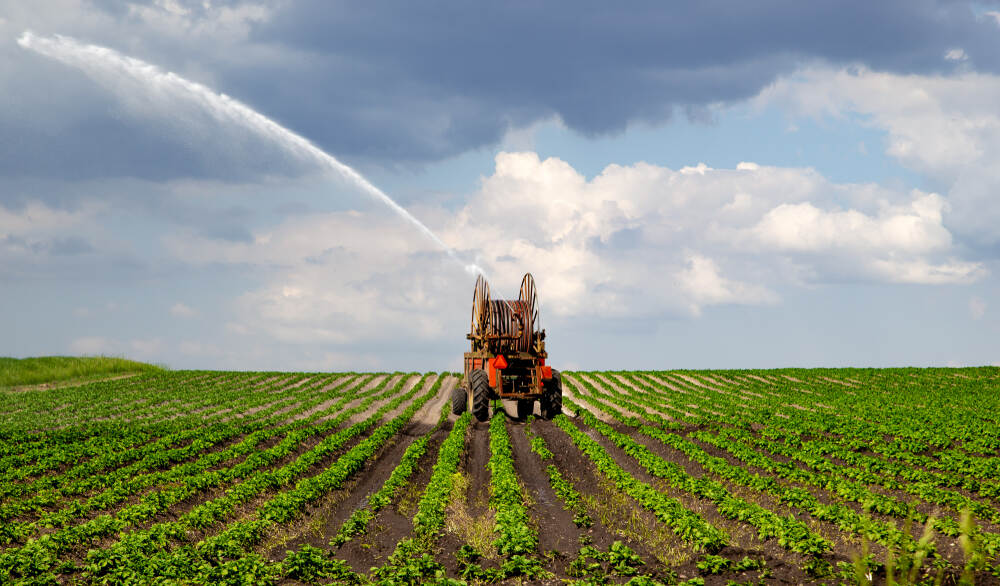
A lot of nature on special farms or a bit of nature on all farms?
In Denmark, the term ‘nature-inclusive agriculture' does not exist. However, there are organic farms, holistic farms, no-till farms, regeneration farms, permaculture, and various types of conventional farms. Some farmers have a larger focus on biodiversity than others. The fact that more conventional farmers are aware of the value of nature is a positive development. However, if we had to choose between ‘a lot of nature on some special farms’ or ‘a bit of nature on all farms’, my answer would be: that is a trick question. The question ought to be: how much more nature can be created by involving all farms on an individual basis?
Even though the agricultural spotlight on nature value elements surprised the critical people living in the Danish cities, it has been a source of pride to farmers. And it can be in the Netherlands as well. If it means high value nature spots are preserved for the future, a win-win situation will occur, also in our country.
Contact
Would you like to know more about the current developments in the domain of agriculture and nature in Denmark or contact the agricultural team at the Netherlands Embassy in Copenhagen?
You can visit the country page of Scandinavia at the website agroberichtenbuitenland.nl of the Netherlands ministry of Agriculture, Nature and Food Quality. You can also send an email to KOP-lnv@minbuza.nl
